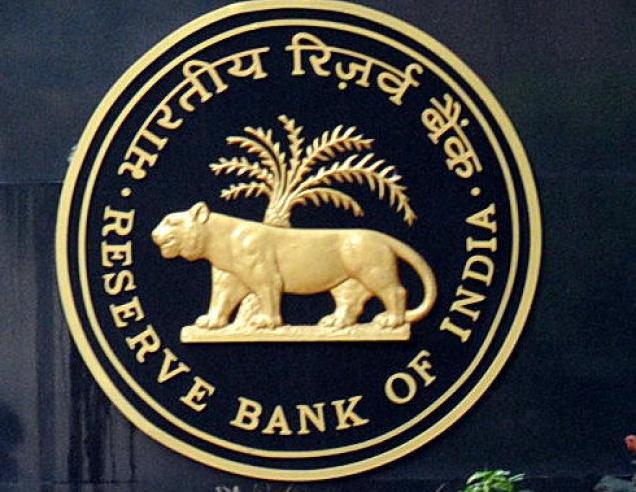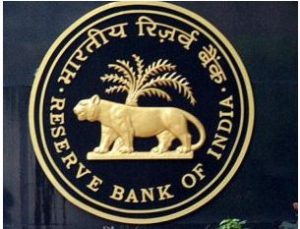Having commenced operations from 1st April 1935, India’s central bank, Reserve Bank of India (RBI) celebrated 82nd Establishment Day on 1st April 2017.
Basic Facts about Reserve Bank of India (RBI):
Establishment of RBI was recommended by Hilton Young Commission to the then British Government.
- RBI functions in accordance with provisions laid out in Reserve Bank of India Act, 1934.
- Initially RBI’s headquarters was in Calcutta. It was moved to Mumbai in year 1937.

- Although RBI was established as a private entity, it was nationalised from 1st January 1949 by Government of India through ‘Transfer of Public Ownership Act, 1948’.
- Logo of RBI has a tiger and a palm tree. It was inspired by East India Company’s Double Mohur which had a lion instead of tiger.
- Financial Year of RBI is 1st July to 30th June.
Main Functions of Reserve Bank of India:
- Currency Notes: Issuance of currency notes is one of the main functions of RBI. Post issuance it manages the circulation of notes and ensures an adequate supply for general public. It also keeps a check on counterfeiting of notes and destroys the notes that are not fit for circulation.
- Monetary & Credit Policy: RBI has dual responsibility of controlling inflation and ensuring availability of money to fuel growth in economy. This is done through its bi-monthly monetary policy review of repo rate, reverse repo rate, bank rate, marginal standing facility, statutory liquidity ratio and cash reserve ratio.
- It plays a role as a banker to Govt. and advises the Govt. on financial matters. It is also a banker to commercial banks in India and supervises the banking and financial industry.
- It manages the foreign exchange reserves of India and also frames rules of foreign exchange usage by public.
Governor of RBI:
- Osborne Smith was the first Governor of RBI, whereas Mr. C D Deshmukh was the first Indian Governor of RBI.
- Current Governor of RBI is Urjit Patel. He succeeded Mr. Raghuran Rajan as the 24th Governor of RBI. He assumed office on 4th September 2016. Demonetisation of Rs. 500 and Rs.1000 denomination notes has been the most significant event during his tenure so far.
Reserve Bank of India is respected as one of the most effective central banks around the world. It has been an anchor providing stability to Indian Economy during domestic/global recession, financial scams or any other macroeconomic shock
AffairsCloud Recommends Oliveboard Mock Test
AffairsCloud Ebook - Support Us to Grow
Govt Jobs by Category
Bank Jobs Notification






